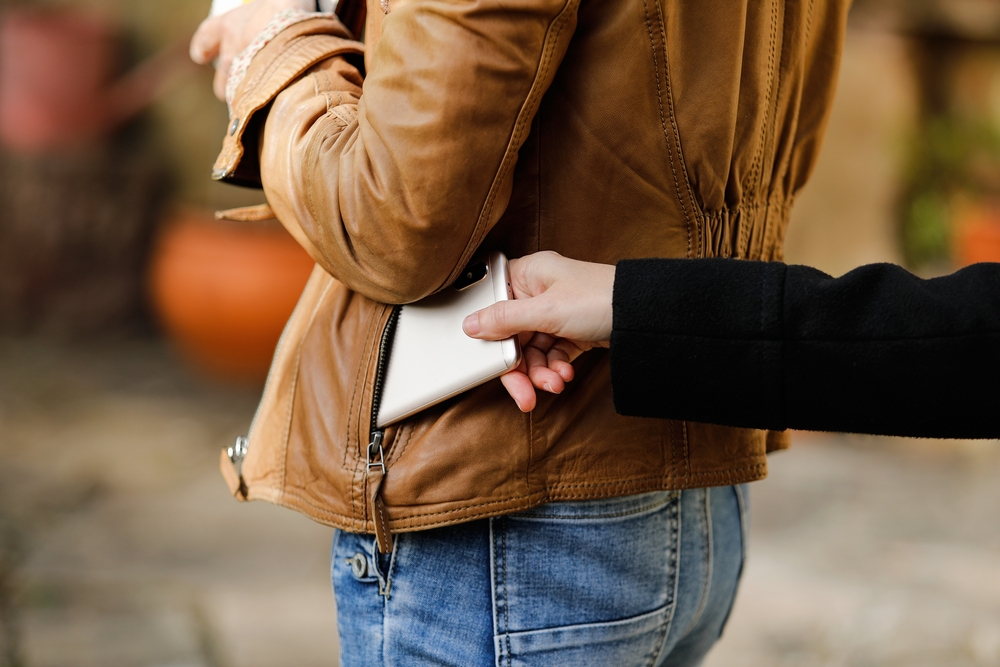Google has begun testing the automatic theft detection feature for Android smartphones in Brazil. This feature, announced at the Google I/O 2024 developer conference in May, is being tested first in Brazil due to the high incidence of phone thefts reported by users in the region. Any user residing in Brazil can register to participate in the testing program.

How Theft Detection Lock Works
The Theft Detection Lock uses AI to detect unusual movements on your mobile device that may indicate an attempted theft. Indicators of theft include attempts to use the phone on a different network or extended periods of inactivity on a frequently used network. This feature aims to enhance user security by providing early detection and alerting users to potential thefts.
The Theft Detection Lock is part of broader privacy and security enhancements planned for the Android 15 platform. Among these improvements is a password-protected vault called “Personal Space,” where sensitive apps and data can be securely stored. Accessing this “Personal Space” requires an additional level of authentication, ensuring extra protection for user data. Importantly, the Theft Detection Lock will also be available on older Android versions through an update to Google Play Services, notes NIX Solutions.
Additional Features Being Tested in Brazil
In addition to theft detection, Android users in Brazil are testing the ability to send messages to companies directly through WhatsApp. This functionality is accessed by clicking a special button that appears in the company’s search list. Moreover, the testing includes the capability to make appointments with doctors or cosmetologists directly through search results. These features are designed to enhance user convenience and streamline communication with businesses and service providers.
We’ll keep you updated on the progress of these features and any further developments. Google’s ongoing commitment to improving security and user experience ensures that these tests, if successful, could see a broader rollout in the near future.
